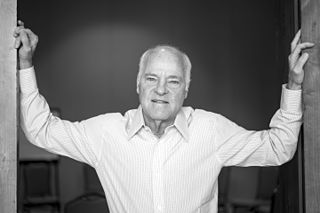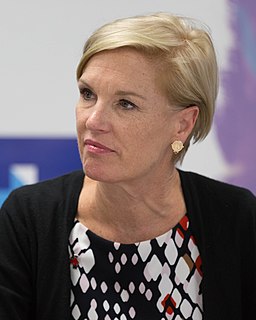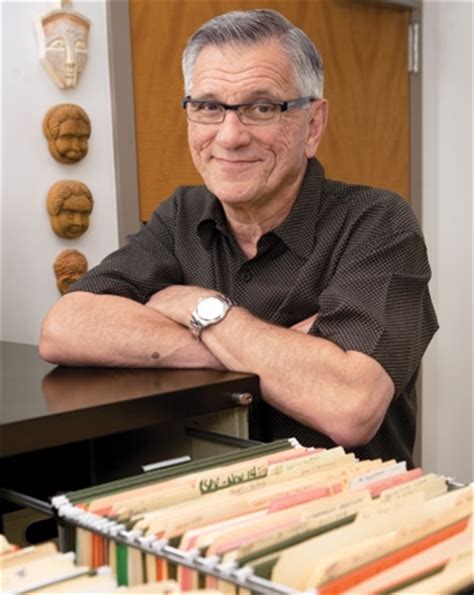A Quote by Meena Harris
At the most basic level, if men have institutional power, they have tremendous influence to change those institutions.
Quote Topics
Related Quotes
Right, we've got these institutions of media, these financial institutions, we have the means of distribution, we have the means of production, we have all these markets and maxims in place. How do we alter the consciousness, the fundamental unifying field? How do we influence change on that level to all of the world?
Women's liberation, if not the most extreme then certainly the most influential neo-Marxist movement in America, has done to the American home what communism did to the Russian economy, and most of the ruin is irreversible. By defining relations between men and women in terms of power and competition instead of reciprocity and cooperation, the movement tore apart the most basic and fragile contract in human society, the unit from which all other social institutions draw their strength.
Just as women supplement men in private life, so they will supplement men in public life by concentrating their organized efforts on those objects which men are likely to ignore. There is a tremendous field for women as active protagonists of new ideas and new methods of political and social housekeeping. When organized and conscious of their power to influence their surroundings, women can use their newly acquired freedom in a great many ways to mold the world into a better place to live in.
There is at the global level a very small number of actors who can meaningfully weigh in on global institutional design, who are able - through powerful governments and most effectively through the government of the United States - to exert substantial influence on international negotiations, which are routinely conducted behind closed doors.
The west has fiscalised its basic power relationships through a web of contracts, loans, shareholdings, bank holdings and so on. In such an environment it is easy for speech to be "free" because a change in political will rarely leads to any change in these basic instruments. Western speech, as something that rarely has any effect on power, is, like badgers and birds, free.
The term power comes from the Latin posse- to do, to be able, to change, to influence or effect. To have power is to possess the capacity to control or direct change. All forms of leadership must make use of power. The central issue of power in leadership is not Will it be used? But rather Will it be used wisely and well?




































